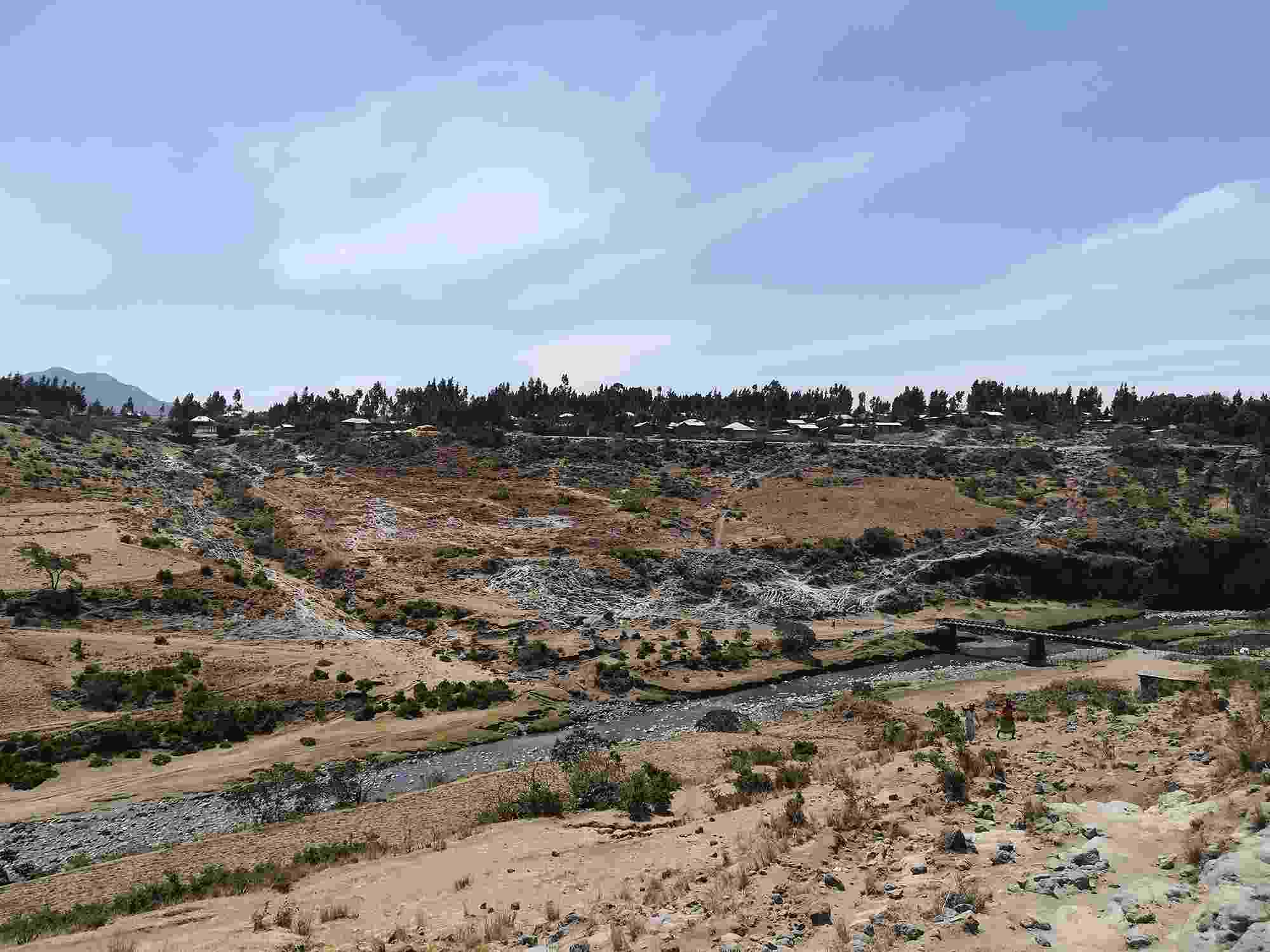Impacts of surface water quality in the Awash River Basin, Ethiopia
A Systematic Review
29 March 2022


The Akaki River, a tributary of the Awash
Authors: Endaweke Assegide, Tena Alamirew, Haimanote Bayabil, Yihun T. Dile, Bezaye Tessema, Gete Zeleke
Water quality impairment, due to anthropogenic activities and limited enforcement capacity, is a rapidly growing threat to water security and public health in developing countries. The cumulative effects of deteriorating water quality put pressure on public health and socio-economic developments. In Ethiopia, most industries discharge their effluent directly into freshwater systems without any treatment processes – the problem is particularly severe for rivers that pass through major cities like the Awash.
Although there are a few studies that explore the issue, there is a lack of comprehensive water quality impact assessment on agriculture, health, and socioeconomics. In this article, the authors systematically summarise current research on water quality issues in the Awash River Basin to generate comprehensive information that captures the water quality status of the river, details the impacts of water contamination, and identifies information and management gaps. Results showed that water quality degradation along the river course and in selected tributaries exceeds water quality standards set by the WHO and national guidelines. A comprehensive investigation into the impacts of contaminated water, that takes into account different, dynamic pollutants, needs to be held to protect the wellbeing of all.



